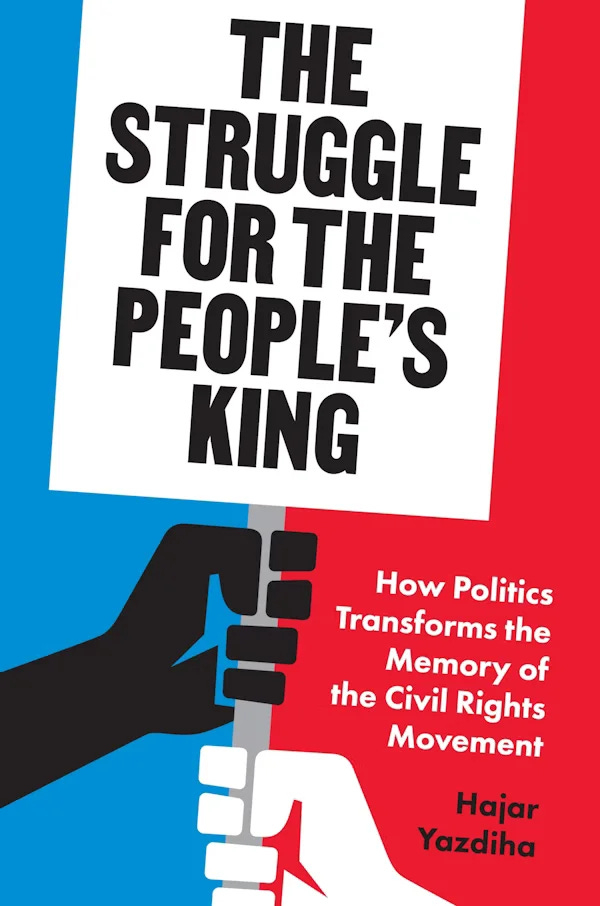News outlets were once beacons of shared information, anchoring communities in a common reality. However, the media environment has undergone significant changes over the years. As Professor Peter Ditto explains, "It used to be that you could believe any crazy thing you thought during the day and then you turned on Walter Cronkite, and he told you what the facts were." This golden age of TV news, characterized by less partisanship and a focus on facts, was an aberration in history.
Before the advent of television, news was often a tool of the privileged, serving their agendas rather than informing the public. The era of the yellow press and state-controlled broadcasts painted reality with sensationalism and propaganda. However, during the so-called Golden Age of TV, news spoke to a wider audience and was less driven by profit. With the rise of the 24-hour news cycle and the fragmentation of media options, the landscape changed dramatically.
The Incentives of Profit-Driven News
Yevgeny Simkin, a former CBS News employee, witnessed the shift in incentives firsthand. He recalls how CBS News was initially considered a loss leader, funded by entertainment programming. However, within weeks, the mandate changed, and news became a profit center. Simkin describes the new era of news production, where the incentives are to produce content that is aggravating, infuriating, and terrifying. This shift towards sensationalism and fear-mongering has become a prevalent strategy for attracting viewers and advertisers.
The Rise of Trash TV and Reality Shows
Trash TV and reality shows further contributed to the fragmentation of media. Professor Thompson highlights the emergence of shows like "The Jerry Springer Show" and "The Real World" as examples of programming that appealed to a different audience. While these shows were often criticized for their sensationalism, they also provided a platform for previously voiceless individuals to share their stories. Thompson acknowledges the complexity of these shows, recognizing both their negative aspects and the opportunities they provided for marginalized voices.
The Impact on Democracy
The proliferation of outrage-driven content has had profound implications for our democracy. The constant reinforcement of moral indignation and the demonization of the other side have deepened divisions within society. As Professor Thompson notes, "We're talking about a total number of people that are regular watchers of cable news and, therefore, watchers of their advertisements. The total number is statistically tiny compared to the overall population of the country." This small audience is being bombarded with content that reinforces their existing beliefs, making it increasingly difficult to engage in meaningful dialogue and find common ground.
The Challenge of Changing Incentives
Addressing the issue of outrage-driven content requires a multi-faceted approach. First, we must consider the audience and how to make good journalism more appealing. Public education and media literacy play a crucial role in fostering critical thinking and discernment. However, changing the behavior of media companies is equally challenging. While federal subsidies for good journalism or increased regulation may be potential solutions, they come with their own set of problems.
Navigating the Fragmented Media Landscape
The fragmented media landscape presents both opportunities and challenges. The rise of outrage-driven content has deepened divisions within society and hindered meaningful dialogue. However, by understanding the incentives behind this content and actively engaging with diverse perspectives, we can reclaim our role as informed citizens. It is up to us to navigate this landscape with discernment and promote a more inclusive and constructive media environment.
The future of media lies in our hands. Let us strive for a more balanced and informed society, where outrage takes a backseat to understanding and empathy. Together, we can lower the temperature and build a better future.
MLK Day Special Bonus Episode
For MLK Day, I interview Hajar Yazdiha, an assistant professor of sociology and author of "The Struggle for the People's King." We discuss the hidden narratives and complexities of the civil rights movement, the misperceptions surrounding Martin Luther King Jr., and how the memory of the movement has been distorted to fuel outrage and political agendas. We also explore the role of race in American society, the importance of critical and spiritual education, and the need for a deeper understanding of our shared humanity.
Listener Survey
We're brewing up some awesome new content for the Outrage Overload podcast, and we can't do it without your feedback. That's why we're inviting you to join the Outrage Overload VIP Survey – a quick anonymous questionnaire packed with questions about what you love, what you crave, and what makes you click "play" again and again.
New This Week in Outrage Episode!
It’s everything the Outrage Overload podcast is not. It’s not edited. It’s not scripted. It’s lightly researched. It’s David and Lisa talking about this week in outrage, what was in the news, in the memes, and maybe finding some backstory with a humorous (at least to us) twist.
You can also now listen live online on Yergz Radio Sundays 4:30PM Pacific / 7:30PM Eastern.
Lisa is not a fan of Thin Mints 🍪🤣👎 - 1/14/2024
This week, Lisa and David talk about Hunter Biden contempt; Girl Scout Cookies; upcoming music tours; most popular drinks; renaming International Terminal at SFO; best states for families; Fani Willis allegations of misconduct; and more.







